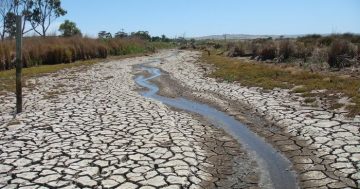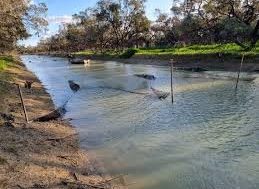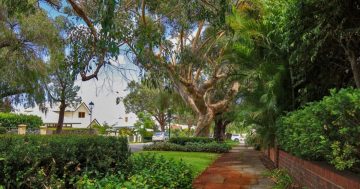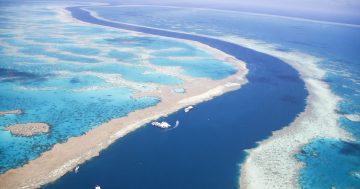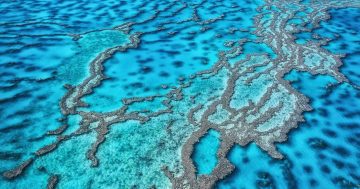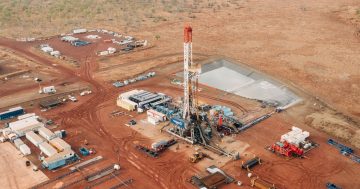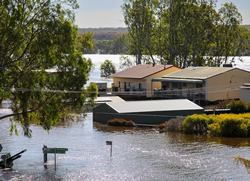 Members of the Coorong, Lower Lakes and Murray Mouth Scientific Advisory Group (SAG) have reported finding positive changes among plants, fish and macroinvertebrates in the Coorong and Lower Lakes following the recent floodwaters.
Members of the Coorong, Lower Lakes and Murray Mouth Scientific Advisory Group (SAG) have reported finding positive changes among plants, fish and macroinvertebrates in the Coorong and Lower Lakes following the recent floodwaters.
SAG is a reference group established by the Department for Environment and Water to collect and analyse fish, vegetation, invertebrate and water quality data in the Coorong and Lower Lakes.
Among the members, the Coorong’s underwater plant community provides a vital food source for birds and habitat for fish and were almost lost from the system during the Millennium Drought.
Senior Research Scientist at the South Australian Research and Development Institute (SARDI) Associate Professor Jason Nicol said there had been positive changes in the plant community since the recent flood.
“The reduced salinity and extended high water levels in the Coorong resulting from the flood event have provided favourable conditions for the submergent plant community with the highest biomass recorded since the Millennium Drought,” Associate Professor Nicol said.
Fellow Principal Scientist at SARDI, Associate Professor Qifeng Ye, said native fish sampling in December 2022 revealed a substantial increase in the abundance of fish species including congolli, black bream, greenback flounder and yelloweye mullet compared to previous dry years.
“Species numbers doubled in the South Lagoon following the reduction of salinity to less than 60 grams per litre,” Associate Professor Ye said.
“The increase in fish biomass will also now benefit the many fish-eating birds and larger fish within the waters.”
The University of Adelaide’s Associate Professor Luke Mosley was engaged to analyse information on water quality and nutrients in the Coorong.
“Early indications from the data we’ve collected post the big flood is that there has been marked reductions in salinity and nutrient levels in most of the Coorong, particularly the South Lagoon,” Associate Professor Mosley said.
“These conditions should enable a wider diversity of invertebrates and aquatic plants to recolonise the southern region of the Coorong, which could further improve water quality as they oxygenate the sediment and remove nutrients.”
The projects and others will be among the latest research on show at the Healthy Coorong, Healthy Basin Science Forum to be held in Goolwa on Tuesday 16 May.
The free event will be limited but registration will be essential with details available at this PS News link.


